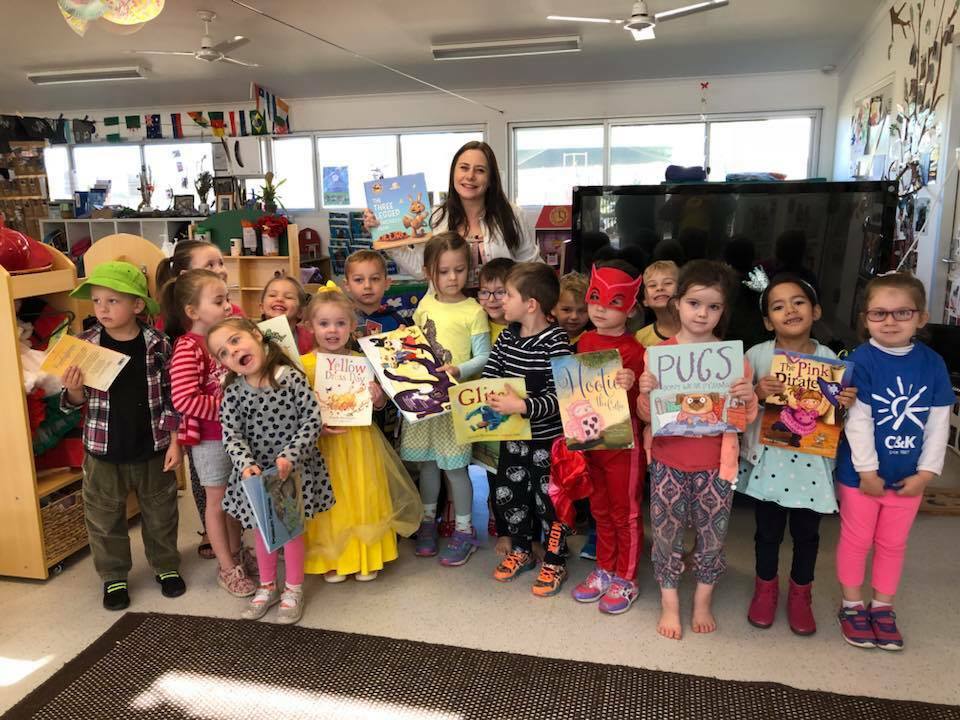Vocabulary is extremely important to a child's literacy development. especially if they struggle to communicate. Having a broader range and understanding of what words mean and do can help even the most reluctant reader and speaker into exploring the benefits of a wide knowledge of language. Most people make the mistake of thinking that reading to them and getting them to read aloud is the first place to start, but this is in fact the end goal. When children see the purpose and priority behind where words fit in their day to day lives, they are more responsive to engaging with literacy activities that foster a love of reading.
1. Use Rich Oral Language
Children learn to speak through listening to and engaging in talk. Young children whose parents use high level, rich, meaningful conversations when not only speaking to their children, but also speaking to each other, will give the best chance of absorbing a higher vocabulary and reading achievement.
2. Use Broader Concept Words
When talking about a particular subject, instead of trying to teach words individually, use groups of words in sets that are conceptually related. For example, when speaking about a farm, use words related to life on farm, different families of animals and how those concepts relate to their day to day life.
3. Introduce New Words
By relating new words to words that children already know helps to not only expand the word in context, but helps them find congruent ways to figure out the meaning of words. Use the word they already know, like 'funny' and then add a different word in the same sentence like 'hilarious' to introduce a new word. When this is encountered repeatedly and diversely through meaningful activities, conversations and texts, the new words become part of the child's world.
4. Make It Relatable
There are so many fun and engaging ways to draw attention to the words all around us. Playing with words through songs, humour and raising consciousness can be empowering for children. They can feel like they are developing a sense of understanding and power over the part of themselves that communicates with others which can be incredibly powerful.
5. Have Fun With Words
Words should be cherished, nurtured, celebrated and loved. If children can see how much fun you have playing around with words, they will be more motivated to take the initiative and seek out opportunities to engage with them throughout the day. When children are self motivated, they learn faster and foster a life long love of reading. Reading to them and having them reading aloud is most beneficial when they have achieved this level of understanding. Then the real fun begins...forming a lasting bond with your child through sensory storytelling and amazing, empowering, encouraging picture books.
If you have any other tips you would like to share, please don't hesitate to contact me.






No comments:
Post a Comment